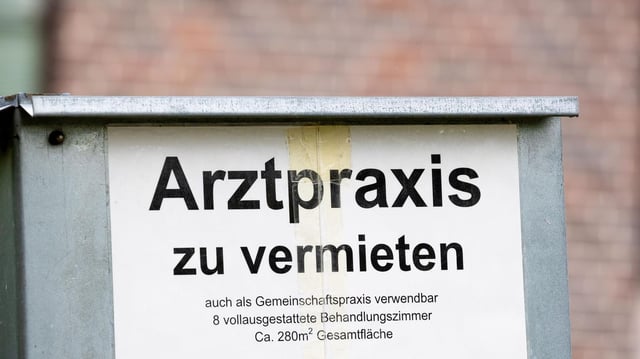Overview
- The proposal would bind foreign graduates to at least five years of domestic practice or reimbursement of the roughly €31,000 annual cost for medical studies.
- The measure is up for debate in the Sachsen-Anhalt Landtag on June 12, marking the first parliamentary discussion of the plan.
- Germany currently educates nearly 500,000 international students at taxpayer expense, with non-medical programs costing about €11,000 per year on average.
- CDU politicians like Sepp Müller argue that the existing tuition-free framework results in “multi-million euro subsidies” that fail to secure talent retention.
- Other CDU figures, including Tino Sorge and Florian Müller, have urged federal states to curb specialist emigration and consider broader tuition fees to bind graduates to Germany.

